Ukhiya, Dec 22, (V7N) - In the Rohingya refugee camps of Ukhiya and Teknaf in Cox’s Bazar, both inside and outside the camps, numerous shops selling winter clothing have emerged as the season sets in. Many Rohingya men, women, and children are purchasing warm clothes. However, there are complaints that the NGO organizations have yet to distribute winter clothing to the camp residents.
On the ground, it was observed that winter clothing stores have been set up within various camps, as well as along the roadsides near the camps. Those who have the financial means have opened these stores to sell warm clothes.
Apart from the Rohingya, many locals are also seen buying winter garments from these shops. Vendors are selling both low and high-priced clothes for men, women, and children.
However, many Rohingya families with limited financial resources are still hoping for winter clothing from NGOs.
Shariful Islam, a clothing vendor from Kutupalong Rohingya Camp, said, "I set up my store at the start of the winter season, and there’s been a good sale so far. Most of the clothing sold is for Rohingya children. I have stocked clothes for men and women as well. As the cold increases, I expect more sales."
Selim Ullah, a clothing vendor from Leda Rohingya Camp in Teknaf, shared, “I start my winter clothing business every year at the beginning of the season. Currently, there is a decent amount of buying and selling. Locals are also purchasing clothes. I bring various kinds of coats and children’s clothing from Cox's Bazar and Chattogram at affordable prices."
On the other hand, Nur Mohammad from Camp 11 (Balukhali) expressed his concern, saying, "I am struggling with the cold along with my children. Even though the winter season has arrived, no NGO has yet provided any winter clothes to us."
Samira Akter, a child from Balukhali Camp, mentioned, “No one has given us winter clothes yet. I feel cold when I go to the madrassa in the morning, and it’s even colder in the evening and at night."
Md. Samsu Doudja, Additional Refugee Relief and Repatriation Commissioner of Cox’s Bazar, stated, "The allocation has decreased, which is why no winter clothes have been distributed by the donors or NGOs."
This highlights the increasing reliance on local markets for winter garments, while many still await NGO support for essential cold-weather clothing.
END/MSI/SMA/AJ/



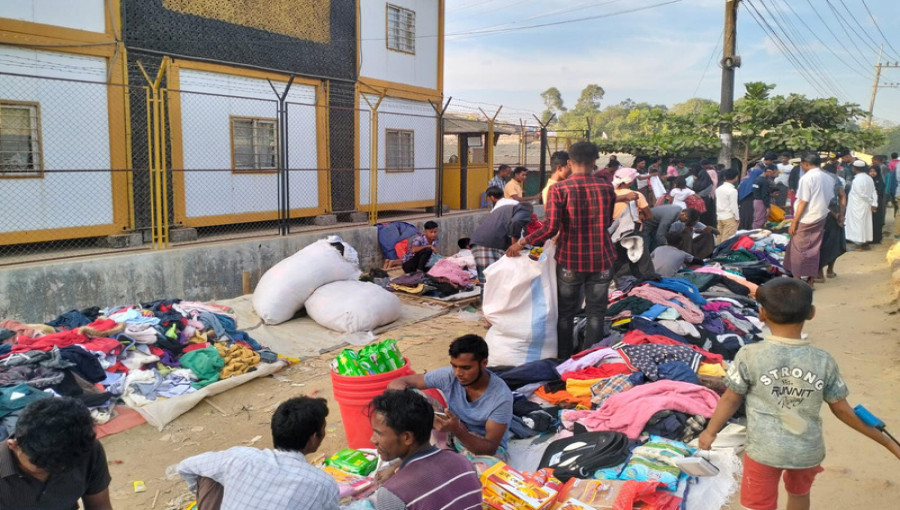
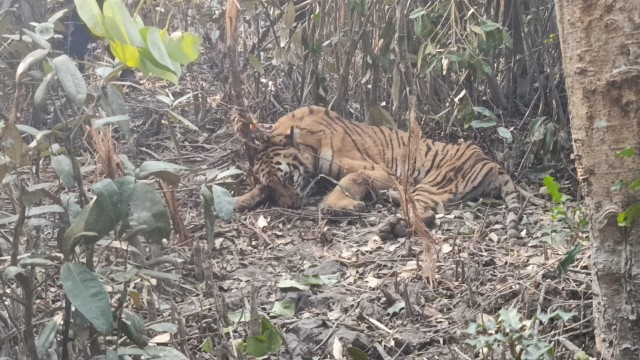
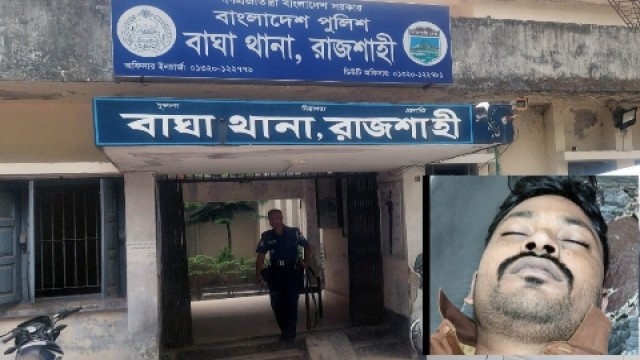

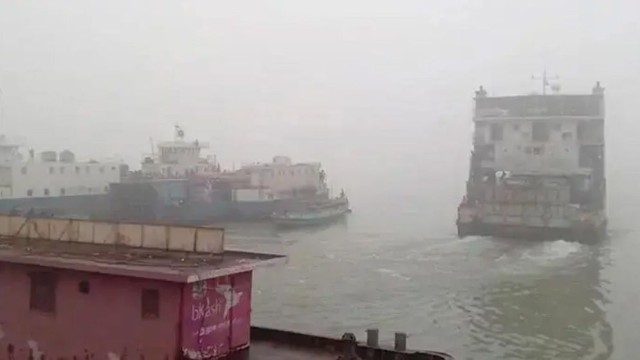
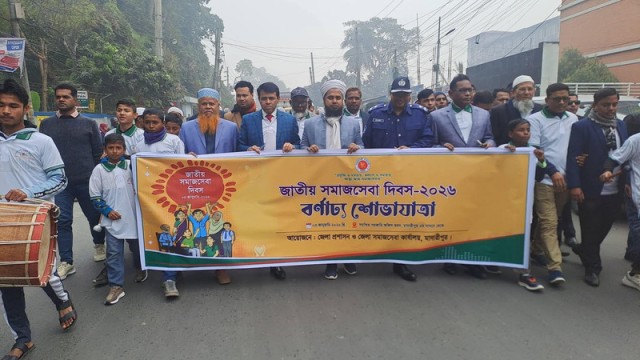


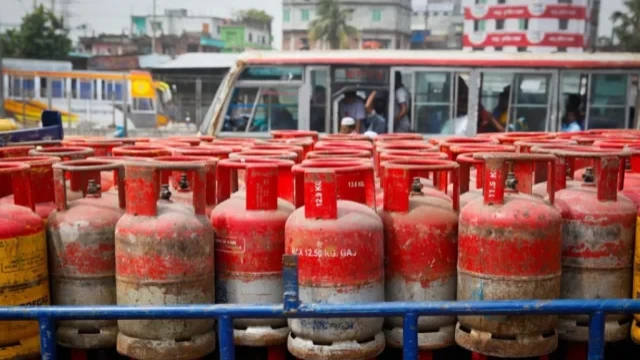
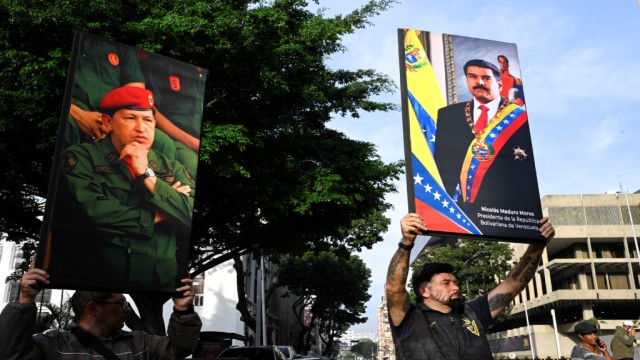

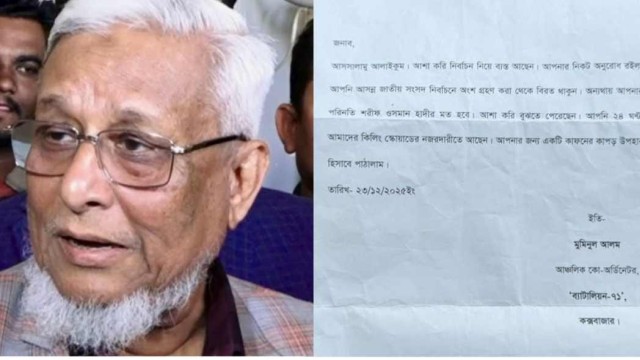
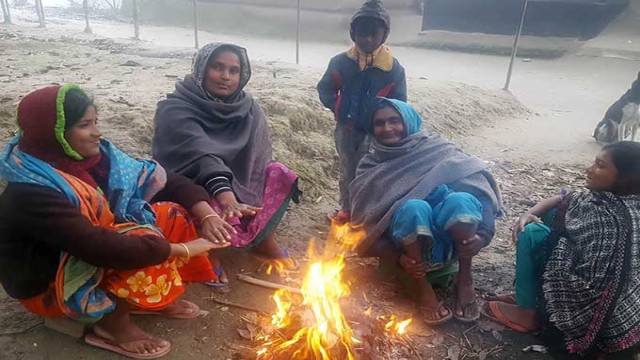
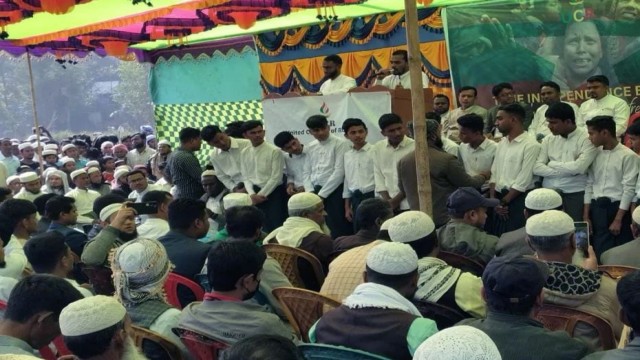
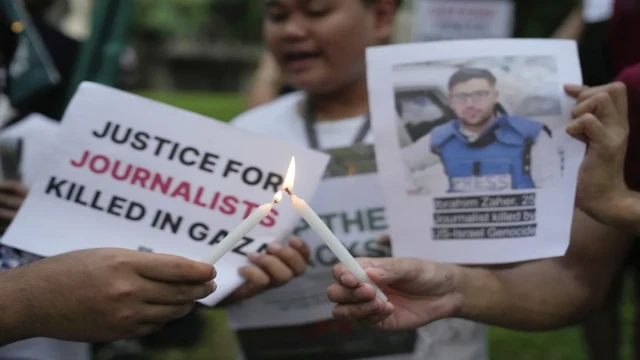



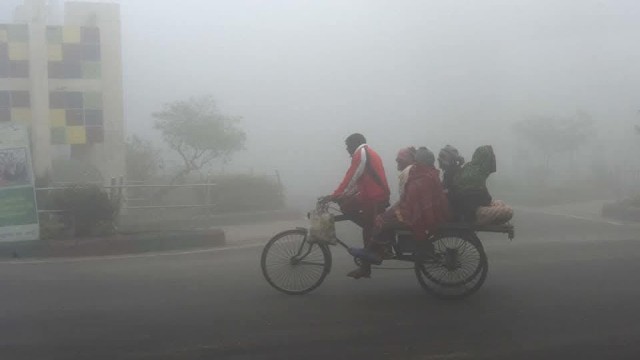
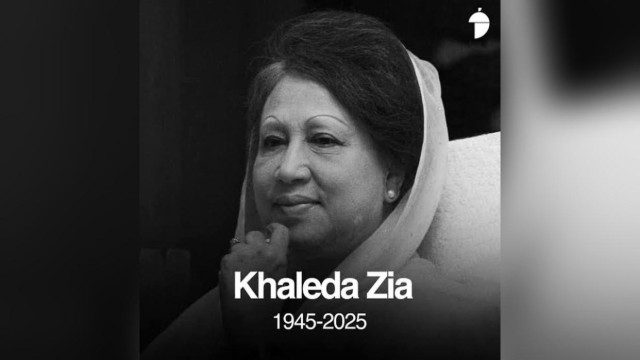




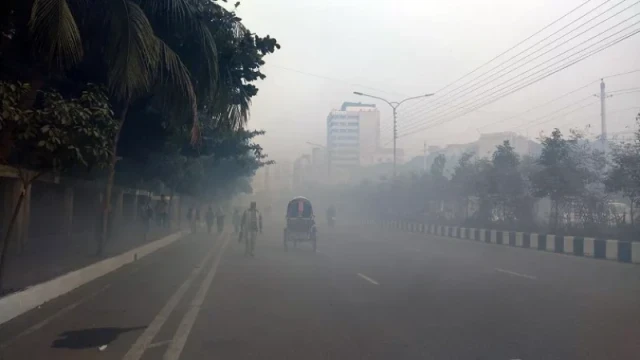
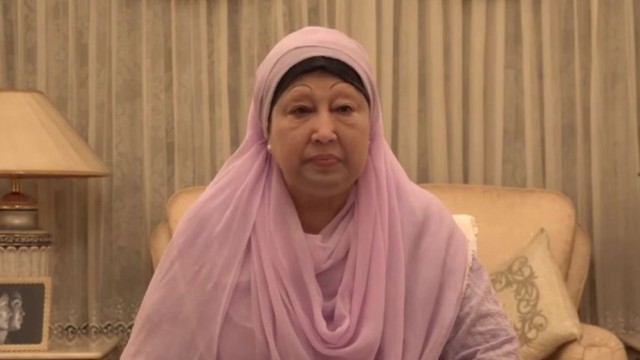
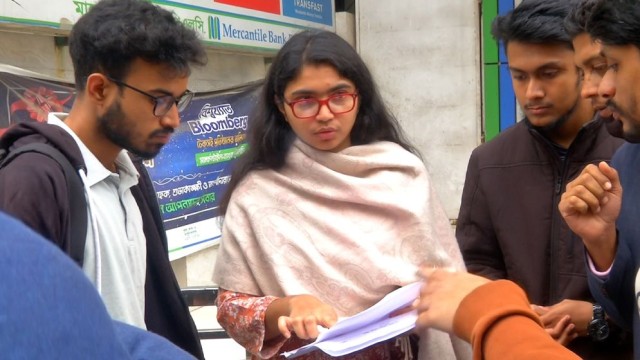

Comment: